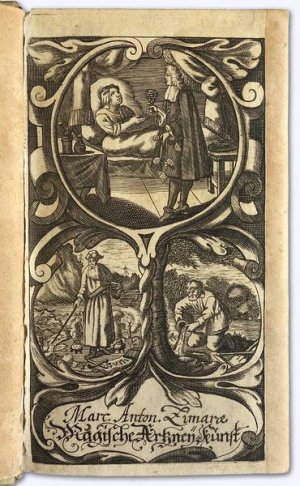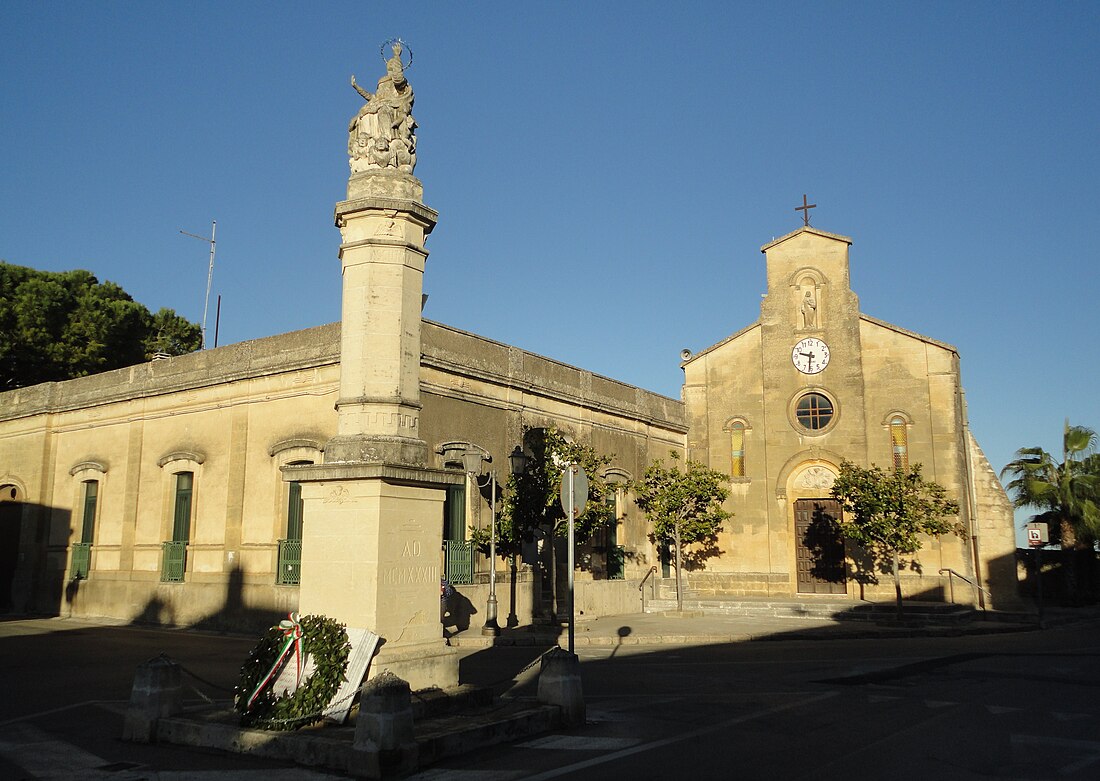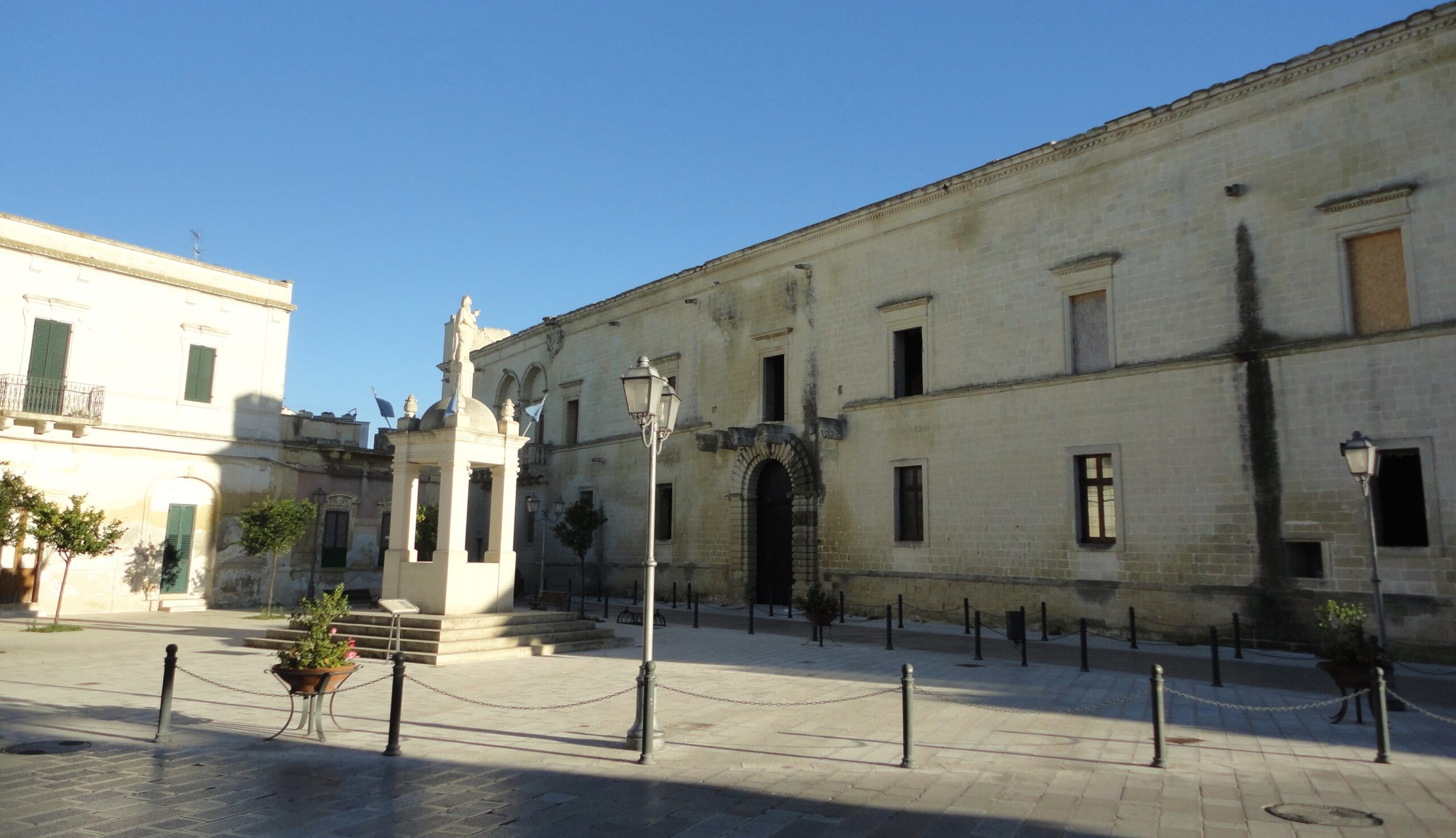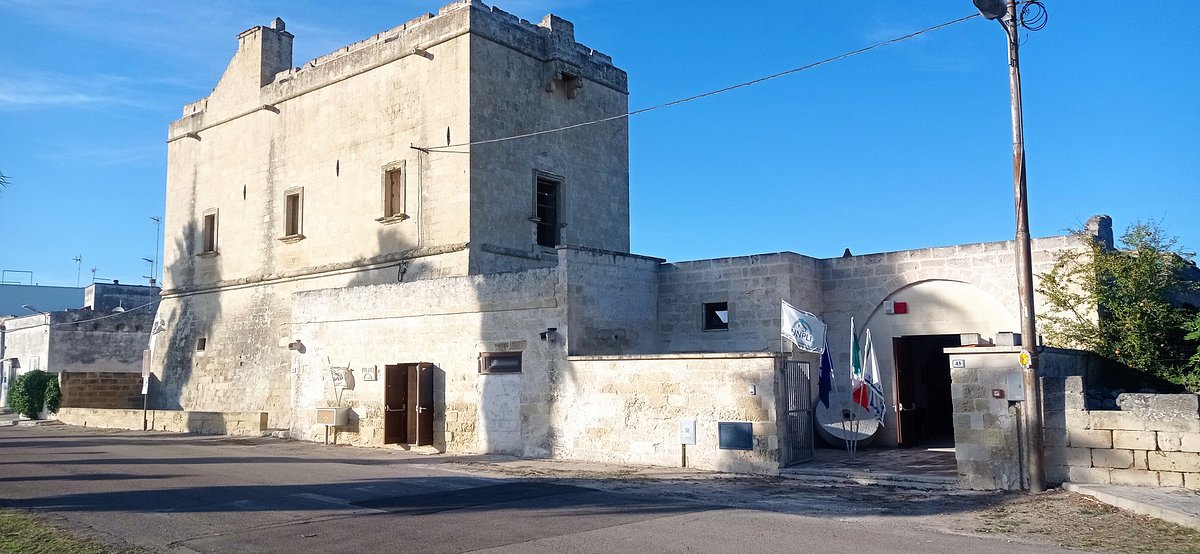Cart
4
Quantity
12,00 €
Quantity
22,00 €
Quantity
4,00 €
Quantity
4,00 €
Product You May Also Like
Payment details
Sub Total
42,00 €
Shipping
Free!
Total
42,00 €
Apply

 Olio d'Oliva E.V. 250 cl
Olio d'Oliva E.V. 250 cl
 Olio d'Oliva E.V. 500 cl.
Olio d'Oliva E.V. 500 cl.
 Classic Taste Taralli EVO
Classic Taste Taralli EVO
 Fennel Taralli
Fennel Taralli



















Leave a comment